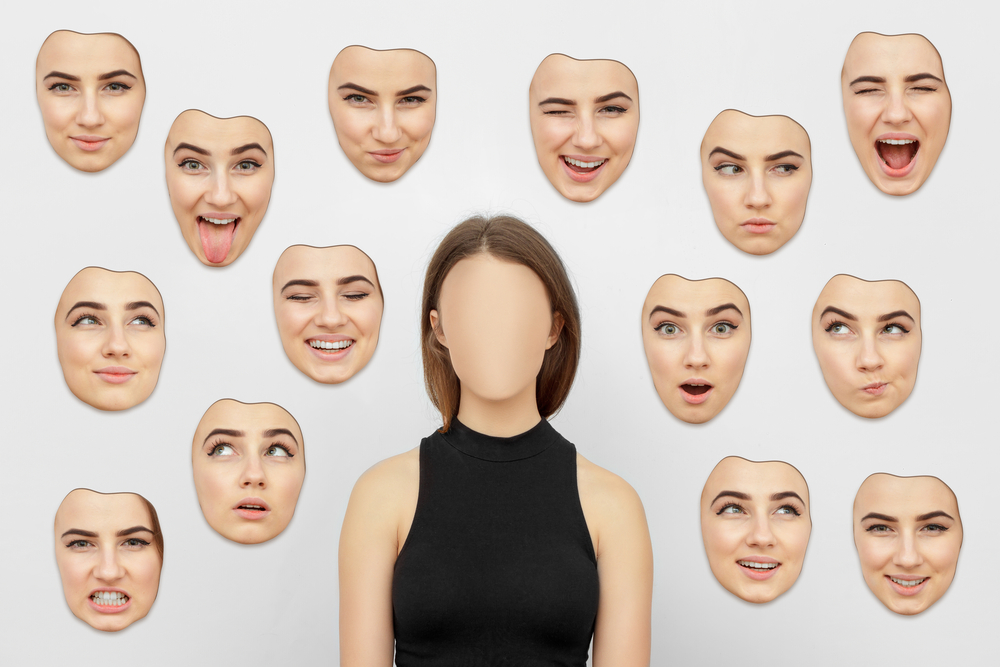Contents:
- Medical Video: YOU ARE NOT DEPRESSED, STOP IT!
- Knowing depersonalization, when someone has no emotions
- So if you can't feel emotions, what happens?
- Depersonalization-derealization causes
- What can be done?
Medical Video: YOU ARE NOT DEPRESSED, STOP IT!
Seeing something funny, like a comedy show on television, generally can make most people laugh to laugh. Conversely, when faced with a heartbreaking or heartbreaking situation, the feeling of not having the heart or sadness might overwhelm your heart. Emotions play an important role in determining how you think and behave to make decisions and act. The emotions you feel help you survive, avoid danger, and empathize with others. Interestingly, there are a handful of people who have no emotions and cannot feel it. In the psychological world, this emotional disorder is called depersonalization-derealization (DD) disorder.
Knowing depersonalization, when someone has no emotions
Actually, everyone may sometimes feel unable to feel emotions, aka "numbness" occasionally in his life. For example, when you feel very overwhelmed by stress in the office. Your mind is automatically filled with all the things that are related to work, so emotionally you actually tend to be less responsive when you get good news.
Well, it's so stressful that you don't respond cheerfully, but maybe even react flatly and reply with "Okay thanks" or "Duh, I'm busy, you can't be bothered." Hayo, just admit, have experienced something like this, right? Or even been a victim kidnapped next friend?
To some extent, this reaction is still considered reasonable. But when the emotional "numbness" tendency that you feel persists for a long time, occurs repeatedly, and interferes with activities and even damages your relationship with others, this may indicate a symptom of a psychological disorder called depersonalization (DD) .
So if you can't feel emotions, what happens?
Even though they have no emotion, someone who has DD will show general signs and symptoms such as:
- Feeling his soul, mind and body are not connected; like your spirit is released from the body (dissociation). This is the depersonalization stage.
- Feel far away from the surrounding environment; not connected to the surrounding environment. This is the derealization stage
- Feeling alien to one's own life (depersonalization).
- Feel depressed for no apparent reason.
- Often forget the time, day, date and place.
- Thinking that they are meaningless and unworthy.
- Feeling "life is reluctant, dead doesn't want to"; feeling empty heart and mind; feeling just walking while sleeping while on the move; no longer feel happy when doing a hobby.
- Think or feel his mental state is unstable.
- Feel slow in receiving and processing signals received by the body such as; vision, hearing, taste and touch sensation.
- Mistakes of visual perception, such as seeing objects bigger or smaller actually.
- Error in sound perception; the sound becomes slower or firmer than it really is.
- Never feel fit even though you are diligent about exercising or always sleeping enough.
- Experience changes in perception about body image (body image) own.
- Looks less empathetic, unable / difficult to understand social conditions.
Depersonalization-derealization causes
DD disorders occur when the function of the part of the brain that processes emotions, empathy, and interoseption (functions that play a role and feel things that occur in the body) has decreased activity.
DD tends to appear as a coping strategy by the subconscious so that the person does not experience even more mental stress. This condition is called decentization.
That's why this psychological disorder more often arises after being triggered by prolonged severe stress or after experiencing traumatic past events, both physically and mentally (for example after sexual violence, child abuse, victims of domestic violence, financial crisis, or post-mortem death )
However, unemotional problems caused by DD cannot be compared to other types of mental disorders that are also related to stress, such as seizures due to epilepsy, panic attacks and anxiety attacks, or depression.
Depersonalization can also occur because of the side effects of exposure to chemical drugs that suppress the brain's work. Medicines that generally give rise to the effects of emotional numbness are narcotics of ketamine, LSD, and marijuana. The use of legal medical drugs (supervised by doctors) such as antidepressant drugs and SSRIs can also cause similar side effects.
What can be done?
Usually the symptoms of DD improve by themselves with changes in lifestyle patterns, social support and over time. Various ways that can be done are:
- Reducing stress.
- Regulate diet and activity patterns.
- Adequate sleep time.
- Understand the causes, triggers and sources of stress and avoid them for some time.
- Share with others about the things you are feeling, aka do not harbor emotions.
- Busy with positive things to distract from stress.
- Understand that the bad things that are being experienced are only temporary.
It is best to consult further with a psychologist or therapist if you cannot overcome the stress or when the symptoms of DD are very severe, to find a more effective and safe stress coping strategy.
For some people, stopping using antidepressant drugs might eliminate the symptoms of DD. However, consult with your doctor before deciding to stop the dose.













